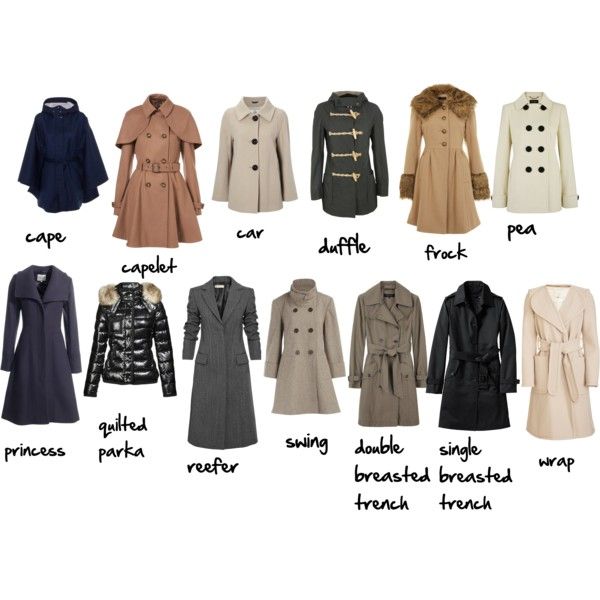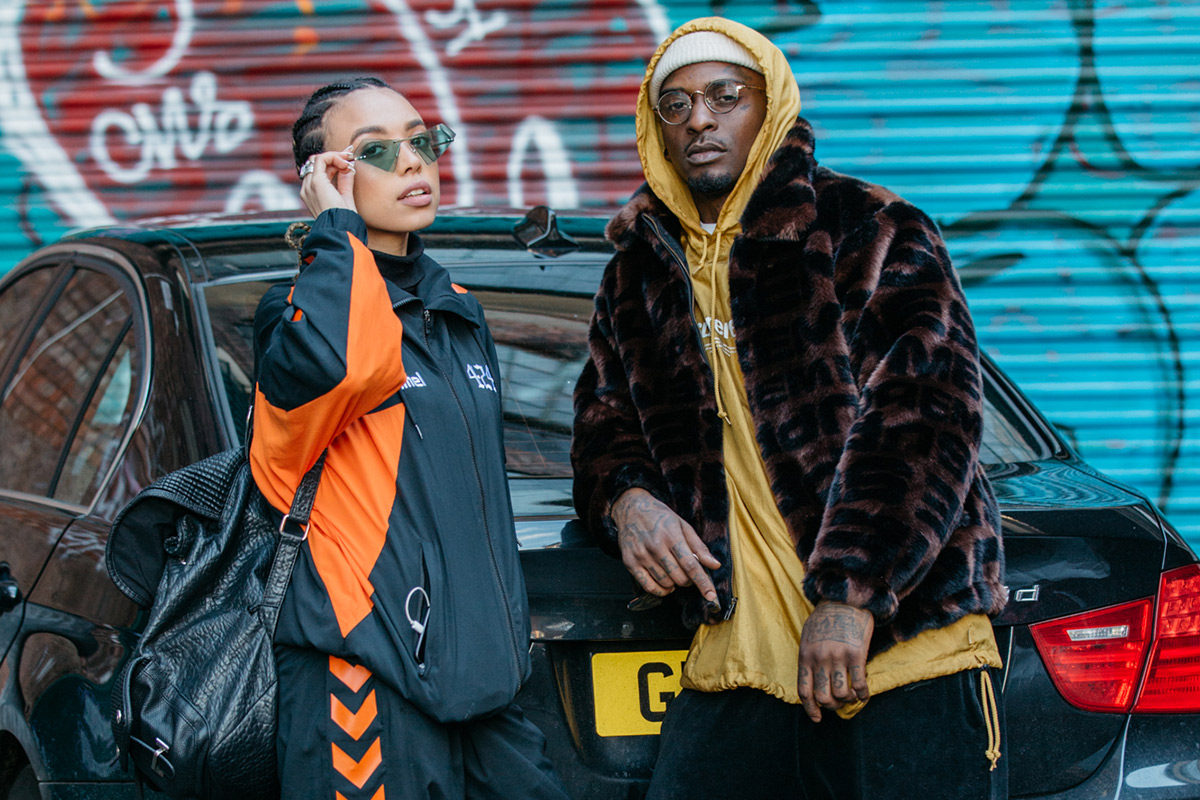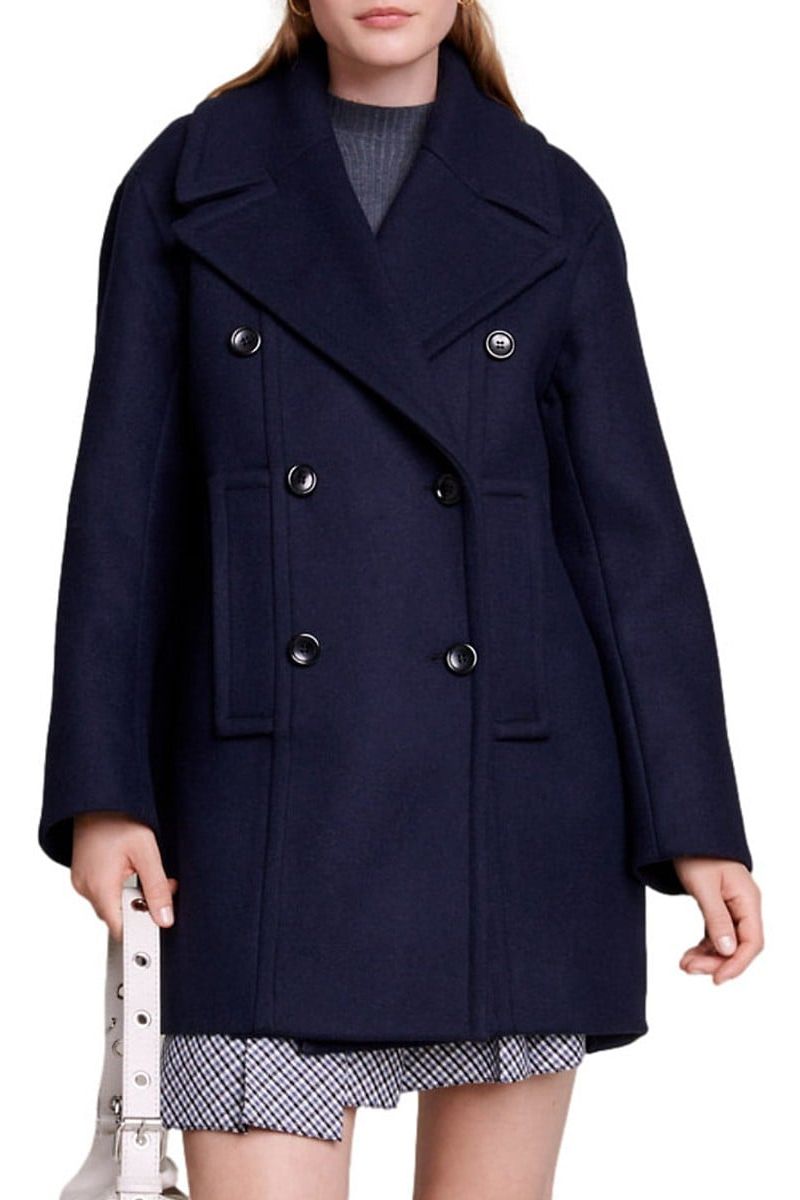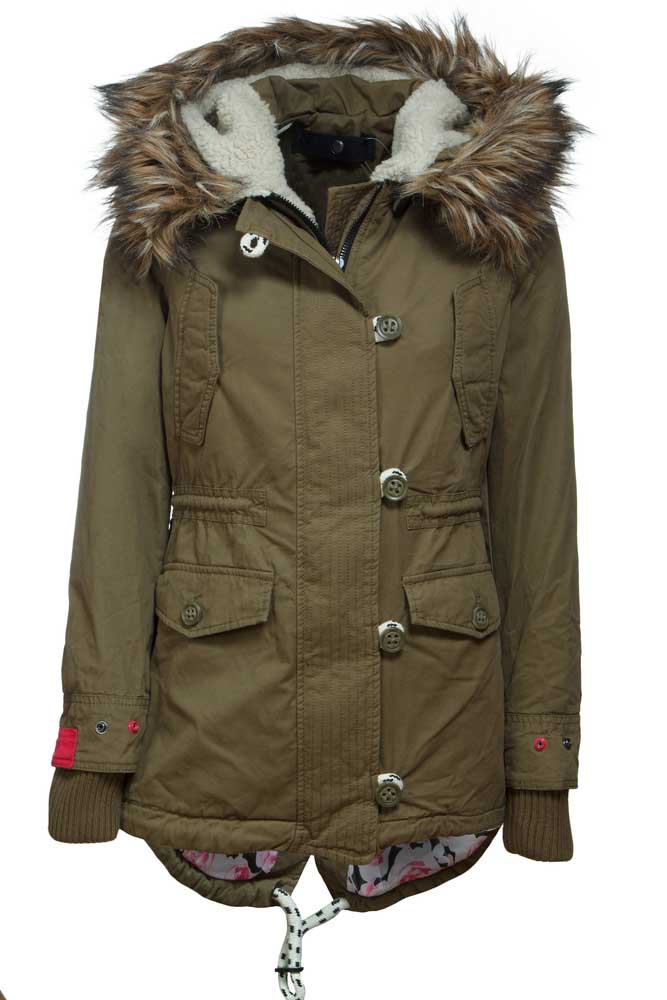
In the realm of human communication, slang plays a unique and dynamic role, serving as an informal language that reflects cultural trends, subcultures, and the ever-evolving nature of human expression. When it comes to fashion, slang terms for coats provide a fascinating glimpse into our relationship with these versatile garments, revealing not only their practical function but also the cultural significance they hold.
Common Slang Terms: A Wardrobe of Informal Expressions
The world of coats is brimming with slang terms, each with its own distinct origins and cultural associations. Let’s delve into some of the most common slang terms for coats, exploring their etymological roots and the cultural nuances they embody:
-
Jacket: A ubiquitous term, “jacket” refers to a lightweight coat or outer garment, often associated with casual wear, streetwear, and athletic apparel. Its origins trace back to the French word “jaquette,” meaning a short coat.
-
Peacoat: A double-breasted, short coat typically made of wool, “peacoat” derives its name from its association with naval peacoats, traditionally worn by sailors. It exudes an air of preppy style, academia, and maritime culture.
-
Parka: A hooded, water-resistant coat typically crafted from nylon or canvas, “parka” stems from the Aleut word “parqa,” referring to a traditional hooded garment. It’s synonymous with outdoor activities, winter wear, and casual fashion.
-
Mac: A slang term for a raincoat typically made of waterproof material, “mac” is derived from the brand name “Mackintosh,” a popular raincoat manufacturer. It’s associated with rainy weather, practicality, and British style.
-
Puffy: A lightweight, insulated jacket typically filled with down or synthetic fibers, “puffy” gets its name from the jacket’s voluminous appearance. It’s linked to cold weather, outdoor activities, and casual wear.

Beyond the Basics: Unveiling Slang for Specific Styles
The realm of coat slang extends beyond common terms, encompassing slang for specific styles that carry their own unique cultural connotations:
-
Trench coat: A long, belted coat typically made of waterproof material, the “trench coat” gained prominence during World War I, used in military trenches. It’s associated with detectives, spies, and classic fashion.
-
Bomber jacket: A short, padded jacket typically made of leather or nylon, the “bomber jacket” traces its origins to military pilots in World War II. It represents aviation, streetwear, and casual fashion.
-
Duster: A long, loose-fitting coat typically made of lightweight material, the “duster” was initially worn by cowboys and ranch hands to protect from dust. It embodies Western fashion, rural style, and casual wear.
-
Leather jacket: A jacket crafted from leather, the “leather jacket” has long been associated with bikers, rockers, and rebels. It represents rebellion, individuality, and edgy fashion.
-
Fur coat: A coat made of animal fur, the “fur coat” exudes luxury, wealth, and status. It has been associate with opulence, glamour, and sometimes, controversy.
Regional Variations: A Slang Tapestry Around the World
Slang terms for coats also exhibit regional variations, reflecting diverse cultures and linguistic nuances:
-
Cardie: A British slang term for a cardigan sweater, “cardie” is derived from the surname “Cardigan,” associate with the garment’s invention. It represents British style, then preppy fashion, and casual wear.
-
Hoodie: An American slang term for a hooded sweatshirt, “hoodie” is derive from the presence of a hood on the garment. It’s associate with casual wear, then streetwear, and youth culture.
-
Anorak: A British slang term for a waterproof windbreaker, “anorak” stems from the Greenlandic word “anorak,” referring to a traditional hunting garment. It represents outdoor activities, hiking, and casual wear.
-
Toastie: An Australian slang term for a warm, comfortable coat, “toastie” is derive from the word “toasty,” then suggesting warmth and coziness. It represents casual wear, winter warmth, and Australian slang.
-
Puffa: An Australian slang term for a puffy jacket, “puffa” is derive from the word “puffy,” emphasizing the jacket’s volume. It represents casual wear, winter warmth, and then Australian slang.

The Evolving Landscape of Coat Slang: A Reflection of Fashion Trends
Slang terms for coats are not static; they evolve over time, influenced by fashion trends, cultural shifts, and the ever-changing landscape of language. New slang terms emerge, reflecting emerging fashion styles or subcultural trends, while existing terms may adapt or fade into obscurity.
The impact of fashion trends on coat slang is particularly evident in the rise of terms like “puffer” (a more recent iteration of “puffy”) for a down jacket, or “bomber” (short for “bomber jacket”) becoming a general term for a specific silhouette.
The Social Significance of Coat Slang: Beyond Fashion
Slang terms for coats transcend their descriptive function, becoming embedded within social contexts and reflecting cultural attitudes. For instance, “hoodie” can sometimes carry negative connotations associated with youth culture and potential criminal activity. Conversely, a “power suit” (not strictly a coat, but often including a blazer) can then symbolize authority and professionalism.
The Enduring Allure of Slang: A Celebration of Language
Slang terms for coats offer a playful and ever-evolving vocabulary that reflects our relationship with fashion and the world around us. They add a layer of informality and cultural nuance to our conversations, reminding us of the dynamism and creativity inherent in human language. As fashion trends continue to evolve and social landscapes transform, new slang terms for coats will undoubtedly emerge, then enriching the colorful tapestry of human expression.
A World Beyond “Coat”
The seemingly ordinary word “coat” unlocks a treasure trove of slang terms, each with its own fascinating story and cultural significance. From the practicality of a “parka” to the rebellious spirit of a “leather jacket,” slang terms for coats reveal the multifaceted nature of these garments and the way they intersect with fashion, then culture, and then social identity. So next time you slip into your favorite coat, then remember the rich world of slang that surrounds it, a testament to the ever-evolving nature of language and our enduring fascination with clothing.
Beyond Definition: The Symbolic Meanings Woven into Coat Slang
The realm of coat slang extends beyond mere descriptive terms. Many slang words associated with coats carry symbolic weight, reflecting deeper cultural meanings and societal perceptions. Let’s delve into some fascinating examples:
-
Trench Coat: While associated with detectives and spies in fiction, the trench coat can also symbolize a sense of mystery, intrigue, and a willingness to take on challenges.
-
Bomber Jacket: Beyond its aviation roots, the bomber jacket evokes a sense of rebellion, nonconformity, and a youthful, energetic spirit.
-
Duster: This term evokes imagery of the Wild West, symbolizing ruggedness, self-reliance, and the pioneering spirit.
-
Leather Jacket: The iconic leather jacket transcends fashion trends, often representing a sense of individuality, toughness, and a desire to stand out from the crowd.
-
Fur Coat: While fur coats represent luxury and wealth, they can also symbolize extravagance, materialism, and even cruelty towards animals, depending on the context.

The Power of Slang: Shaping Perceptions and Identity
The slang terms we use for coats can influence how we perceive ourselves and others. For instance, someone wearing a “hoodie” might be see as casual or even potentially threatening, depending on the context. Conversely, a person sporting a “power suit” may be perceive as authoritative, competent, and ready to take charge.
Slang can also be a powerful tool for expressing identity and belonging. A teenager wearing a specific type of “bomber jacket” might be signaling their affiliation with a particular subculture. Similarly, someone sporting a vintage “leather jacket” might be expressing their appreciation for a certain aesthetic or musical genre.
The Nuance of Slang: Context is Key
It’s important to remember that the meaning of coat slang can be highly contextual. A “puffy jacket” might simply be a practical choice for a cold day, but it could also be a symbol of a particular outdoor enthusiast group. The specific term use, the way it’s wear, and the surrounding environment all contribute to the overall meaning.

